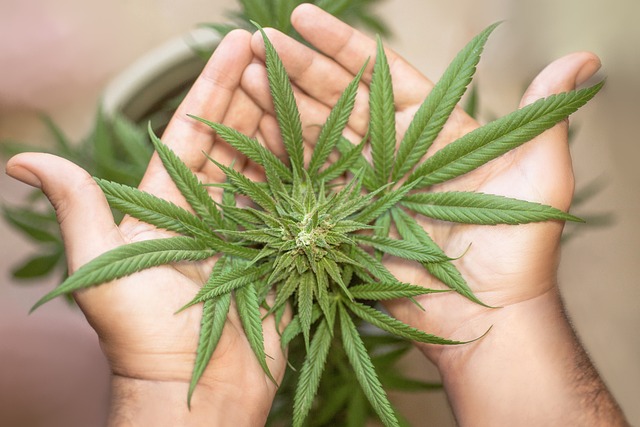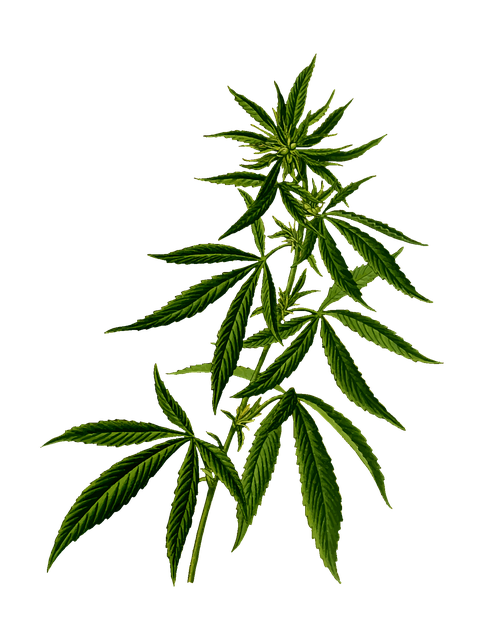As of early 2023, THCA (Delta-9 tetrahydrocannabinolic acid), a non-psychoactive compound found in cannabis plants, is legally distinguishable from its psychoactive counterpart THC under Maine's adult-use marijuana laws. Adults in Maine can possess up to 2.5 ounces of cannabis in public spaces, reflecting the state's progressive approach to cannabis use. While home cultivation of THCA flowers is allowed, it must comply with the state's medical or adult-use marijuana laws, including registration with the Maine Office of Marijuana Policy and adherence to zoning ordinances. Cultivators are subject to a limit on the number of mature plants based on their status—medical patients, caregivers, or recreational users—with caps at three, six, or twelve plants. This regulatory framework ensures responsible cultivation within legal boundaries. THCA is gaining attention for its potential therapeutic properties, such as anti-inflammatory and neuroprotective effects, and is being studied for a range of treatments. Users are encouraged to stay updated on Maine's cannabis legislation, given its fluid nature, to legally enjoy THCA products within the state.
Exploring the nuances of THCA flower usage within the legal framework of Maine, this comprehensive guide illuminates the path for enthusiasts seeking to engage with this unique cannabinoid. From understanding its potential effects and sourcing options to storage techniques and responsible dosing, this article covers all aspects of THCA flowers’ legal use in Maine. It delves into the art of proper grinding, the science behind decarboxylation, and the myriad ways to infuse these flowers into edibles, ensuring a well-rounded experience for connoisseurs. As THCA becomes increasingly recognized for its role in the cannabis community, this guide serves as an indispensable resource for navigating its legal status, with a focus on responsible use and compliance with Maine’s regulations. Join us as we explore the terpene-rich landscape of THCA flowers and their impact on well-being, all within the bounds of legality in the Pine Tree State.
- THCA Flower Tips for Enthusiasts in Maine: A Legal Guide
- Understanding THCA: Potential Benefits and Effects
THCA Flower Tips for Enthusiasts in Maine: A Legal Guide

In the ever-evolving landscape of cannabis legislation, enthusiasts in Maine have a unique set of guidelines to navigate when it comes to THCA flowers. As of my knowledge cutoff in early 2023, THCA, or tetrahydrocannabinolic acid, a non-psychoactive precursor to THC found in raw cannabis, is legally distinguishable from its psychoactive counterpart when it comes to Maine’s marijuana laws. For those interested in the therapeutic properties of cannabinoids without the psychoactive effects, understanding the legality of THCA flowers is paramount. In Maine, adult-use cannabis is legal, with certain restrictions and regulations that apply to both possession and cultivation. Enthusiasts should be aware that while possessing up to 2.5 ounces of cannabis in a public place is permissible, growing your own THCA flowers requires adherence to the state’s medical or adult-use marijuana laws. This includes registering with the Maine Office of Marijuana Policy, ensuring compliance with zoning laws, and limiting the number of mature plants to three, six, or twelve, depending on whether one is a registered medical patient, a caregiver, or an adult using cannabis recreationally. Navigating these regulations ensures that Maine’s cannabis community can responsibly enjoy THCA flowers within the confines of the law, marking a significant step forward in the state’s approach to cannabis policy. Always verify current state and local laws as they are subject to change, and stay informed about the latest developments in cannabis legislation to remain compliant.
Understanding THCA: Potential Benefits and Effects

Delta-9 tetrahydrocannabinolic acid, commonly known as THCA, is a natural cannabinoid found in raw cannabis plants and represents the acidic precursor to the more well-known psychoactive compound, delta-9 THC. As of my knowledge cutoff in early 2023, THCA’s legal status in Maine aligns with broader state regulations, where adult-use cannabis is permissible. In Maine, THCA itself may not be explicitly named but is implicitly included under the umbrella of legal cannabinoids derived from hemp or marijuana as long as it adheres to the state’s regulatory framework.
Research into THCA has uncovered a spectrum of potential therapeutic properties, distinct from its psychoactive counterpart. Preliminary studies suggest that THCA may offer anti-inflammatory, neuroprotective, and analgesic effects without the high associated with delta-9 THC. Advocates and researchers are intrigued by its potential to alleviate conditions ranging from chronic pain to inflammatory diseases, without the psychoactive impact. While more human-based clinical trials are necessary to fully understand its effects, the interest in THCA as a health supplement is growing, particularly within the context of Maine’s progressive cannabis policies. Users interested in exploring the benefits of THCA should always ensure they are complying with local laws and regulations.
Residents of Maine with an interest in THCA now have a clear framework, as outlined in this guide, to legally and responsibly explore the potential benefits and effects of this non-intoxicating cannabinoid. As THCA continues to garner attention for its wellness properties, it’s crucial for enthusiasts to approach its use with knowledge and care. By adhering to Maine’s regulations and understanding the nuances of THCA, users can enjoy its promising attributes within the confines of the law. This article has provided essential insights into the legal landscape of THCA in Maine and its potential effects, empowering enthusiasts to make informed decisions.
